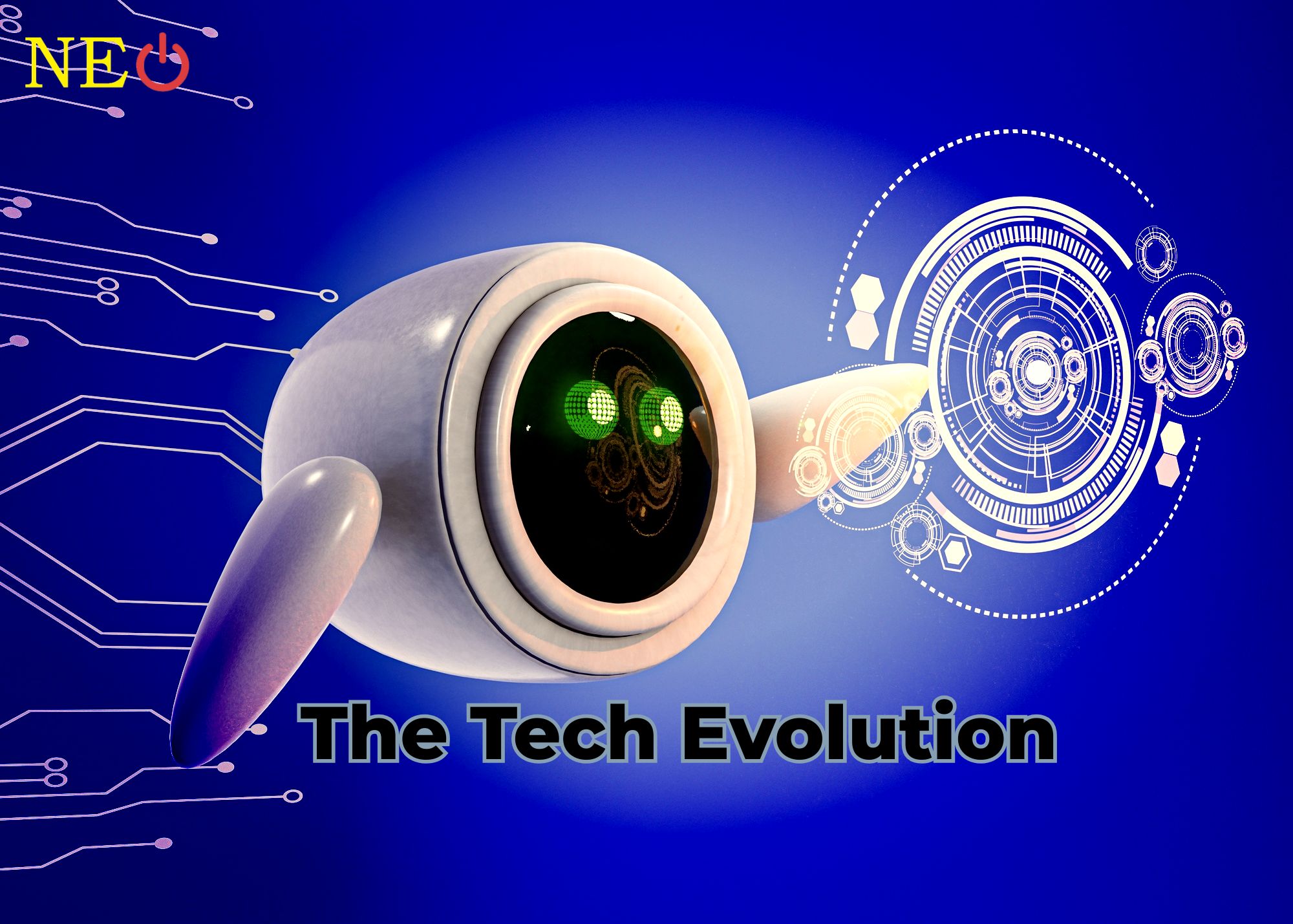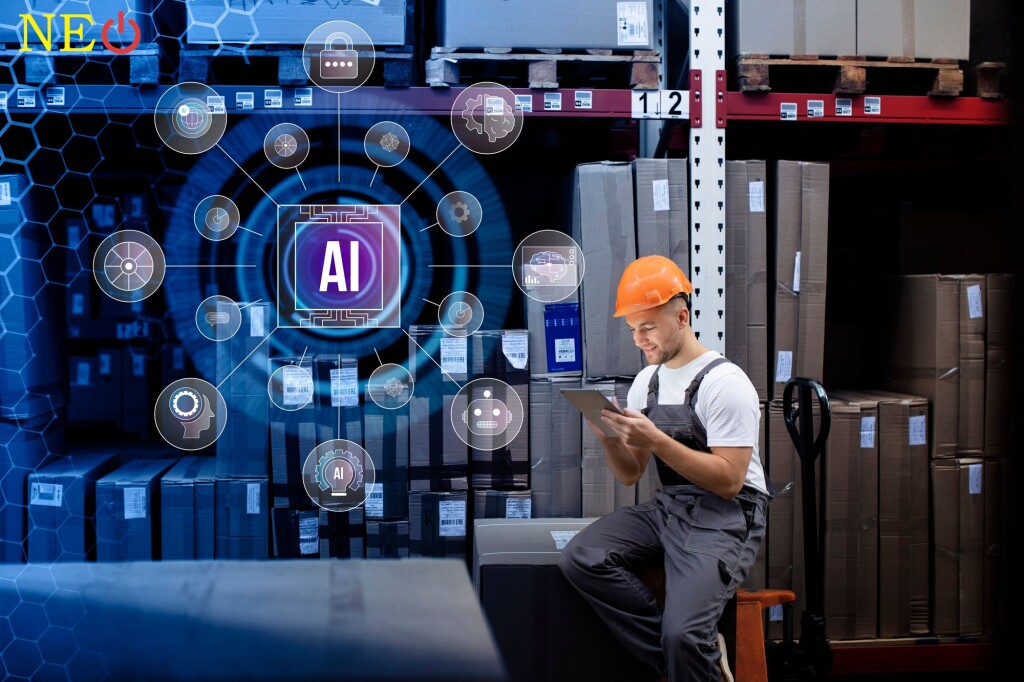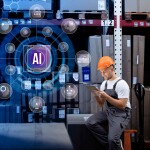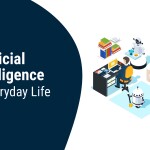Automation is the name of the silent revolution that is taking place in the rapidly advancing field of technology. The increasing impact of automation is causing the tech industry to undergo a complete transformation as we move forward into 2024. Let's examine how automation is changing the very structure of the tech industry and discover the story behind this change.
An Overview of Automation's Rise
To put it simply, automation is the skill of creating processes without continual human involvement. In the context of technology, this refers to implementing intelligent algorithms, bots, and scripts to improve overall efficiency, minimize human labor, and expedite procedures. The result? Not less than revolutionary.
1. Simplifying Routine Work: A Day in the Life of a Robot
The computer industry has benefited much from automation, not the least of which is the removal of tedious duties. These days, algorithms are trusted with handling repetitive and time-consuming tasks like data entry, system monitoring, and routine troubleshooting. This reduces errors and improves the caliber of work while also freeing up human resources.
2. Quickening Development Cycles: The Necessity for Quickness
Automation gives software development cycles a shot of adrenaline. The time-to-market for tech solutions is shortened by continuous integration/continuous deployment (CI/CD) pipelines, which guarantee that code is tested, integrated, and delivered quickly. Automation stands out as the unsung hero, advancing ideas at a breakneck pace in a world where speed is frequently the determining factor.
3. Strengthening Cybersecurity: Code Guardian
Automation becomes a watchful defender against increasingly sophisticated cyberattacks. By strengthening digital fortifications and reducing threats before they worsen, automated security measures can identify possible breaches and take immediate action to stop them. Automation offers a strong barrier in the cat and mouse game of cybersecurity, shielding systems and data from malevolent actors.
4. Increasing IT Operational Efficiency: The Quiet Support System
Automation is the silent engine behind smooth IT operations. The smooth coordination of tasks like patch management, network configuration, and system updates guarantees that the digital infrastructure is reliable and current. What was the outcome? decreased downtime, improved dependability, and strengthened ecosystem resilience for IT.
5. Unlocking Big Data's Potential: From Overwhelm to Understanding
In the era of big data, making sense of vast datasets is no small feat. As the analytical companion, automation helps sort through and extract valuable insights from massive amounts of data. Automation turns data into a strategic asset, enabling businesses to make well-informed decisions, from predictive analytics to customized recommendations.
6. The Evolution of Customer Service: Chatbots and Beyond
Say welcome to chatbots and virtual assistants, the new faces of customer support. Automation is changing how companies engage with their clients by responding quickly, taking care of repetitive questions, and making tailored suggestions. This improves the user experience while freeing up human support staff to handle more intricate and subtle client interactions.
7. Mind-Body Equilibrium: Humans and Robots Working Together
Automation is a major factor in the workforce's upskilling, despite concerns about job displacement. Humans may now concentrate on creativity, problem-solving, and strategic thinking as routine activities are delegated to computers. The end result is a workforce that is more flexible and agile due to the symbiotic link between humans and machines.

Taking on the Future: Overcoming the Obstacles
Automation has unquestionable advantages, but there are still problems ahead. Careful thought must be given to ethical, privacy, and employment displacement issues. A future where technology is a force for good will depend on finding the ideal balance between automation and human monitoring.
automation appears to be a guiding light as we navigate the tech industry's revolutionary terrain. It is about machines empowering humans, not about humans being replaced by machines. The path forward entails accepting this paradigm change, overcoming obstacles, and realizing the full potential of a digital environment in which automation is a revolutionary force rather than merely a tool. Welcome to the future, where technology and people coexist peacefully to produce a symphony of advancement and creativity.









